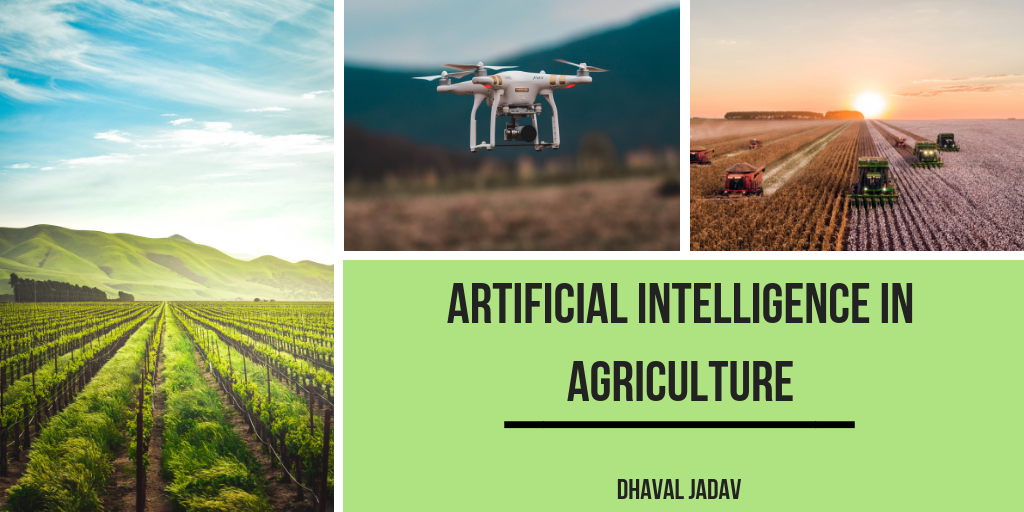The world of Artificial Intelligence (AI) is quickly on the rise as it makes its way into many different industries. From manufacturing to automotive, you can likely see AI used for many different purposes; and as time goes on, you’ll only see it even more. One of the most interesting industries that AI is breaking into is agriculture. Agriculture is a major industry, and a huge part of the foundation of our economy. According to the Environmental Protection Agency (EPA), the agricultural industry contributes nearly $330 billion in annual revenue to our economy. As climates are changing and populations are increasing, AI is becoming a technological innovation that is improving and protecting crop yield in the U.S. Here are some major ways that AI is contributing to the agricultural industry.
Robotics
AI companies are focusing much of their efforts on developing autonomous robots that can easily handle multiple agricultural tasks. These robots are capable of harvesting crops at a much faster pace and higher volume than human workers. The robots are designed to assist in picking and packing crops while also combating other challenges within the agricultural labor force. Additionally, agricultural robots have the ability to protect crops from harmful weeds that may be resistant to herbicide chemicals that are meant to eliminate them.
Image-based Insights for Crop/Soil Health
Many farms are taking advantage of drone technology to provide high-quality imaging that can help monitor crops while scanning and analyzing fields to collect necessary agricultural data. This imaging technology can also assist in the identification of crops and their progress, including their health, and the determination of their readiness. For example, these images can provide farmers with the ability to determine how ripe their crops are, and if and when they will be ready for harvest. Additionally, imaging technology can assist with overall field management, providing estimates in real-time identifying where specific crops may require more water, fertilizer, soil or pesticides. Machine learning is also used to provide an analysis of crop or soil health. Innovative AI and machine learning companies have developed technologies that use machine learning to provide farmers and laborers with insights about the strengths and weaknesses of their soil. This is done with the intention of preventing and eliminating bad crop,s and increasing the potential for healthy crops to grow.
Precise Farming
Precision farming uses AI to generate accurate and controlled techniques that help provide guidance and understanding about water and nutrient management, optimal harvesting and planting times as well as when the right times for crop rotation would be. These processes make farming more efficient, and can even help predict ROI on specific crops based on their costs and margin within the market.
While AI won’t eliminate the jobs of human farmers, it will surely improve their processes and provide them with more efficient ways to produce, harvest and sell essential crops.


Recent Comments